How to Sell a Historic Home in 2024
Historical homes are architecturally unique, significant to the personality of a neighbourhood, and have numerous stories living in them. Those who wish to sell a historical property bring a unique property to the market but have challenges of their own. Firstly, historical homes have preservation restrictions, and with modern design's growing popularity, a historical property may seem like an extravagance to home buyers.
The good news is that despite the growing demand for modern architecture, a significant section of home buyers prefer the unspoiled character of old homes and wish to invest in a property with a slice of history. As a seller of a historic home, you must create a unique sales strategy that appeals to the niche audience who can appreciate your home's historic significance.
Here are some tips for selling a historic home in 2024.
The good news is that despite the growing demand for modern architecture, a significant section of home buyers prefer the unspoiled character of old homes and wish to invest in a property with a slice of history. As a seller of a historic home, you must create a unique sales strategy that appeals to the niche audience who can appreciate your home's historic significance.
Here are some tips for selling a historic home in 2024.
1. Find the Right Agent
Just as writers and musicians have a niche or particular expertise, real estate agents have their own proficiency areas. Look for an agent who is an expert in selling historic homes. They will understand the value of your property better and will know where to find buyers who love the house's historic character and can pay the best price. Inquire about the broker's network and references. Especially for historical properties such as castles and villas, it is crucial that a broker also actively promotes such properties offline in a suitable network. Don't necessarily be impressed by any awards given by associations or other companies. When selling castles and sophisticated properties, online marketing is just one component of a successful marketing strategy. You should also consider to publish a historic property only on a few selected portals that match your target group.2. Make Modern Updates to Improve Key Rooms
While preserving the historic charm of your property is essential, some modern updates and additions cannot hurt. Identify the key problem areas and modify critical rooms like the kitchen, bedroom, and living room with modern solutions without harming the house's architecture. For example, improving the home's heating solutions, adding modern appliances to the traditional kitchen, and replacing ancient light bulbs with modern LEDs can help make the house more comfortable for future owners.3. Keep Up Your Home's Charm
The essence of a historic property lies in the ancient style and nostalgic charm. It is essential to renovate the house and repair any wear and tear – but not at the cost of the original style. You could also enhance the house's charm by choosing classic designs during renovation instead of modern designs.4. Know Your Numbers
Prospective buyers are curious about the details of a historic home. Ensure that you are well-versed in the history of your home before you meet a potential home buyer. This information can be critical in convincing buyers to choose your house. For example, remember the years of renovations, the average utility costs, and the insurance agent's contact information.5. Stage Your House for the Modern Buyer
When presenting a historic house for sale, you must balance preserving the house's charm while making it look modern and practical. Traditional staging is complicated for selling historic property as it may make your home look too cluttered or high-maintenance in the eyes of contemporary home buyers. Utilizing virtual staging solutions proves to be the best option for historic homes as it allows you to seamlessly integrate vintage aesthetics with modern designs at a fraction of the cost.6. Highlight the House History
While marketing your house, you should emphasize the historical charm and the surrounding stories of the house. Using real estate aerial photography can showcase your historic property's architectural grandeur and beauty. Aerial photography can put the house's historic significance in a better perspective and draw potential buyers into the enchanting narrative of the property.7. Understand & Disclose Your House Restrictions
All home buyers appreciate transparency and honesty from the seller. If you are selling a historic property, it will undoubtedly have preservation restrictions, maintenance costs, and other limitations. As the seller, you should understand the nuances of these restrictions and disclose them to potential buyers before they decide to buy.8. Protect Your Home's Character with an Easement
If you own a historic property, there is a good chance that you have spent some time, effort, and money in preserving and/or restoring it. You may have grown up in the house and emotionally attached to the historic elements in the home. You can protect your home's vintage charm and significance even after you sell it by including an easement in your sale deed. This can help you restrict future owners, who choose to invest in the property, from making structural changes that negatively impact the property's historic integrity.Your historic home has a vintage charm and personality that deserves to be protected. If you have to sell a historic property, you must go the extra mile because the new owner appreciates the home like you do. As the demand for modern architecture rises, selling a historic home is more challenging now. But if you follow the points mentioned above and craft a unique sales strategy, you can sell your historic house for the right price and ensure that the new owners preserve its charm.
Author Bio:
Rahul Agarwal is the Co-founder & Chief Business Officer at Styldod, where he has taught a computer to do interior design! Styldod provides the most hassle-free & inexpensive virtual staging solutions for real estate agents so they can sell their listings faster, and for higher prices. Rahul was also a co-founder of Mebelkart. He pushes the boundaries with his innovative entrepreneurial stints and is also a sound startup investor & advisor.




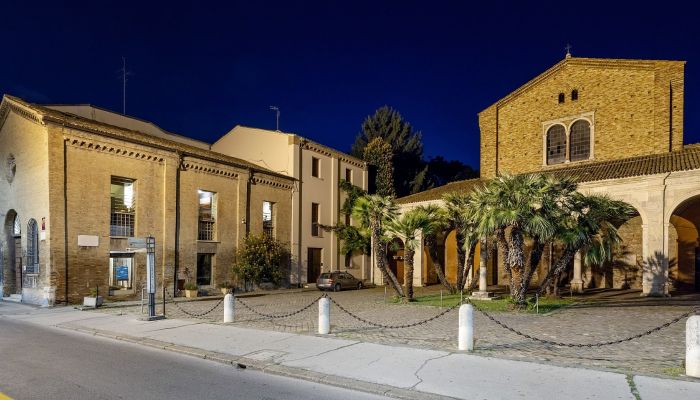

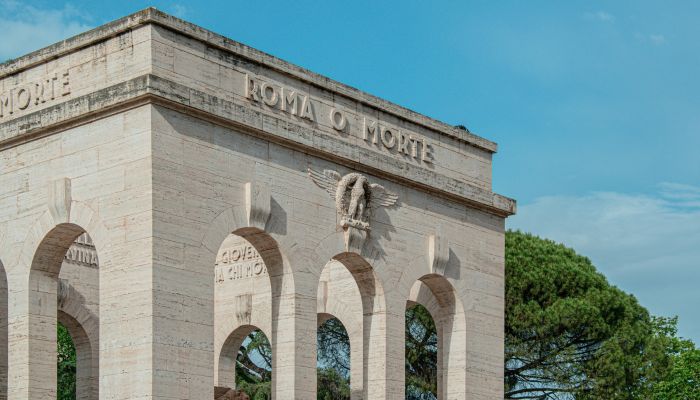
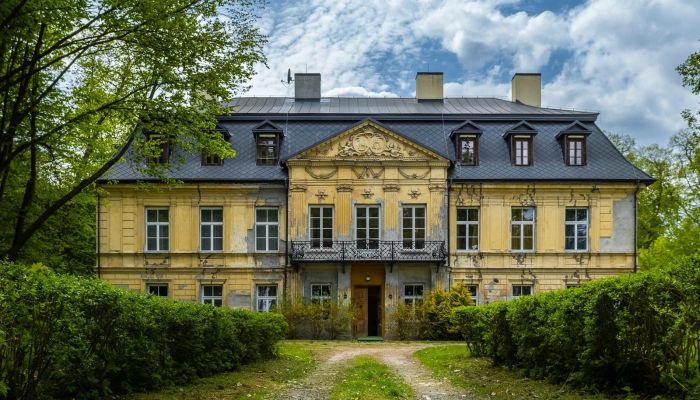
 Nakło, Silesian Voivodeship
Nakło, Silesian Voivodeship
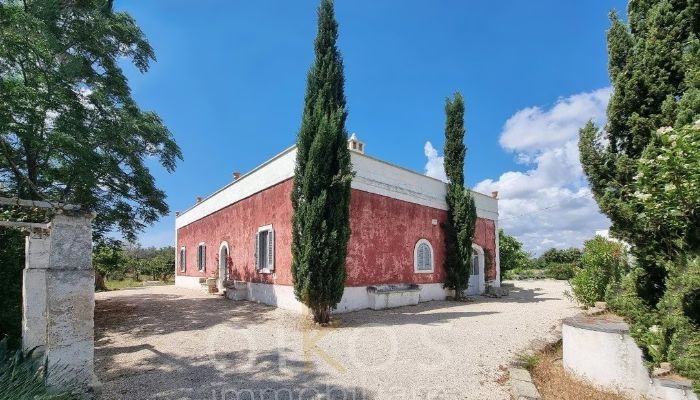
 Oria, Apulia
Oria, Apulia

 Montpellier, Occitania
Montpellier, Occitania
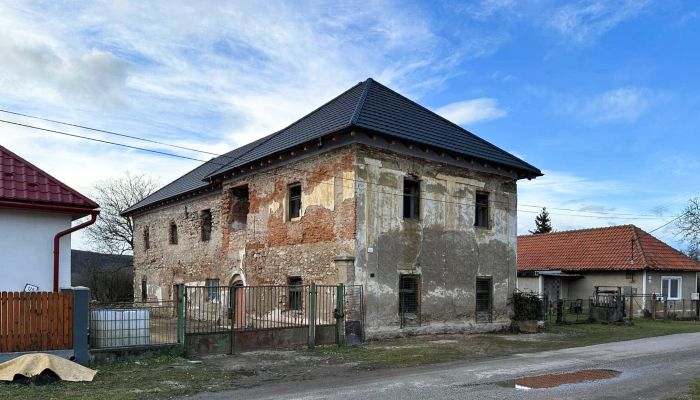
 Košice Region
Košice Region

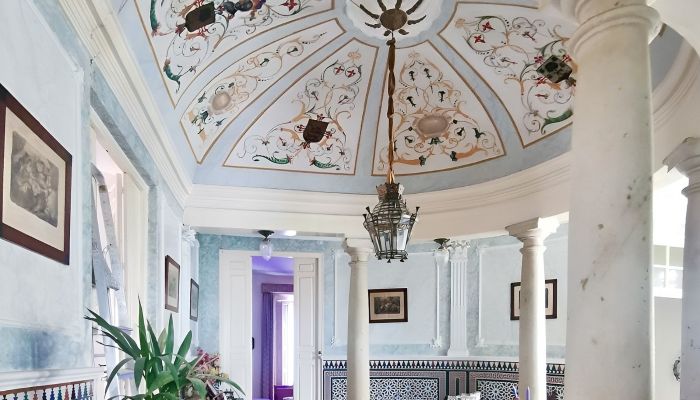
 Cártama, Andalusia
Cártama, Andalusia